Since the October 7th attack on Israel by the Hamas terrorist organization, anti-Semitism in Sweden has seen a significant surge. According to a joint opinion poll conducted by Infostat and Judiska Centralradet, the association of Jewish congregations in Stockholm, Gothenburg, Malmo, and Northwest Sweden, over seventy percent of Sweden's Jewish community now feels significantly less safe in the country than before, the international V4NA news agency reports, citing a publication form Varlden Idag, a Swedish Christian newspaper.
The survey shows that only 15 percent of Jewish residents said that they would feel safe even if they wore Jewish symbols in public.
Among those expressing a heightened sense of insecurity in the past month, 86 percent cited that fear of incitement and harassment has increased, 64 percent mentioned a heightened fear of violence, while 51 percent expressed concerns about persecution, and 30 percent mentioned apprehensions about deadly violence.
"We speak Hebrew, but we've advised our 5 and 6-year-old children not to speak Hebrew in public places," mentioned one respondent, reflecting the palpable impact on daily life.
More than three in four believe that the security of individuals with a Jewish identity in Sweden will worsen in the coming years, with around half of respondents anticipating a significant deterioration. A majority has also expressed concern about potential exposure to anti-Semitism.
"I hide my Jewishness now, but if I were to talk about it openly, I'm convinced that I would be verbally accosted, and also physically attacked,
– said one survey respondent, while another revealed that it was the first time she had started to contemplate emigration.
The survey highlights that almost half of Sweden's Jewish population, 46 percent, has considered relocating, citing rising anti-Semitism as the primary reason.
However, they face the challenge of deciding where to go, given the increasing hatred and hostility towards Jews globally and Israel's ongoing military conflict with the Hamas terrorist organization.
57 percent of respondents believe that Swedish authorities are not aware of the nature and extent of anti-Semitism in Sweden. "Apparently, the media and politicians don't seem to grasp that this is an imported problem. Ninety-five percent of anti-Semitism originates from the Middle East and the left, yet the focus in media and politics remains on right-wing extremists, who constitute just 5 percent," one survey respondent said.


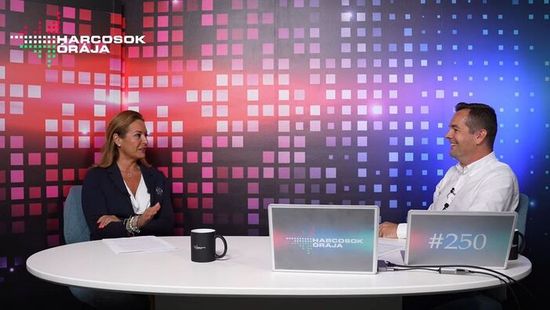

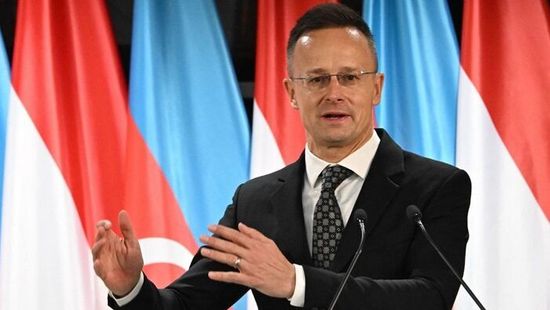

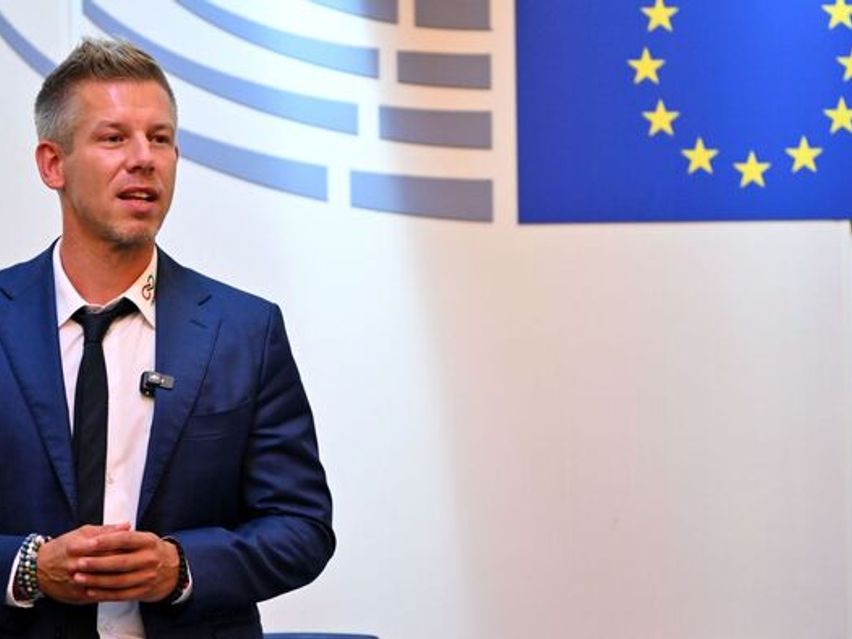
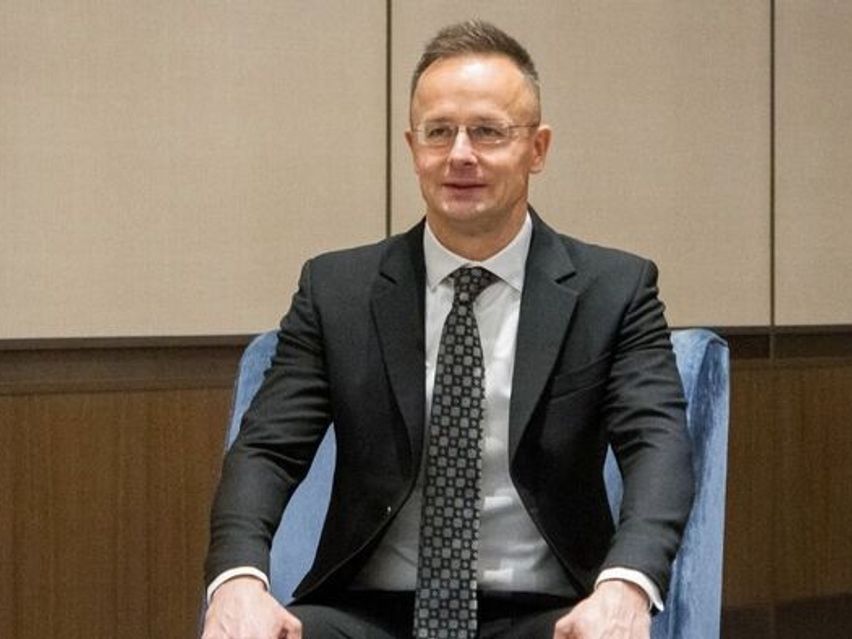
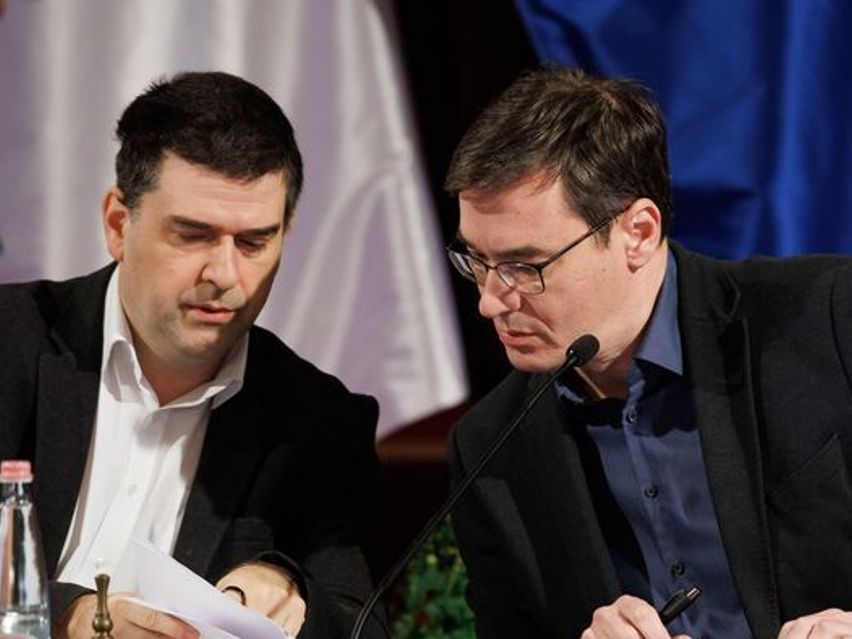
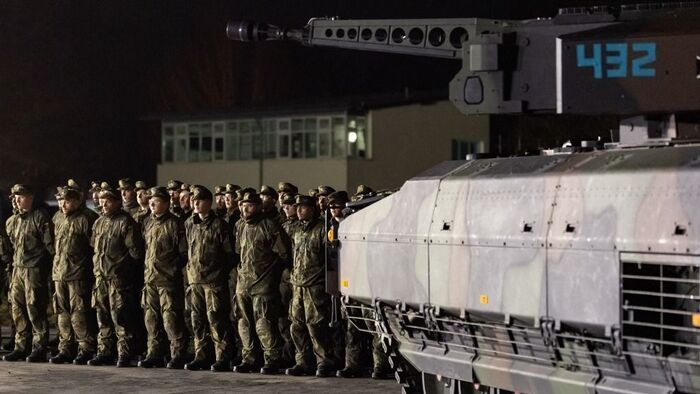

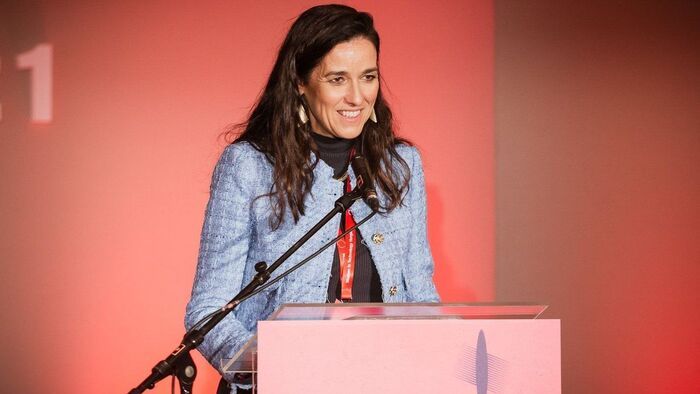
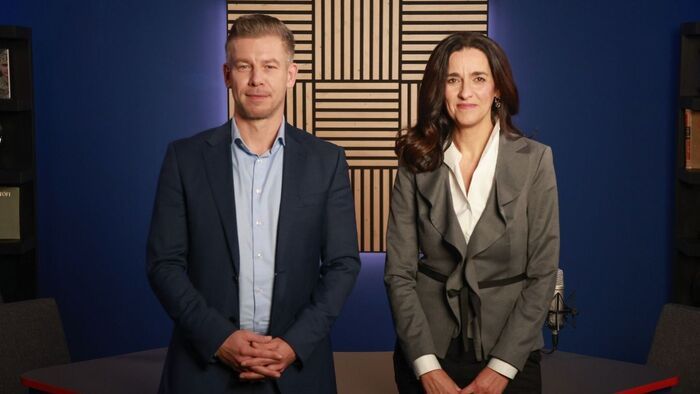
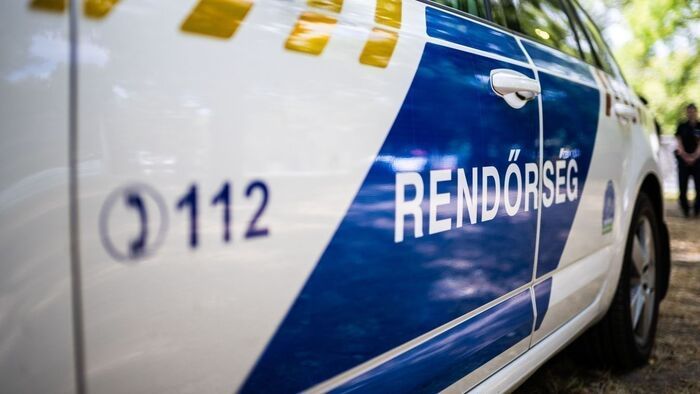
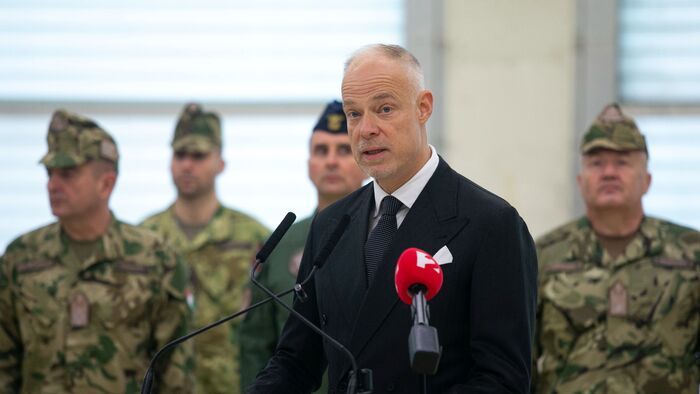

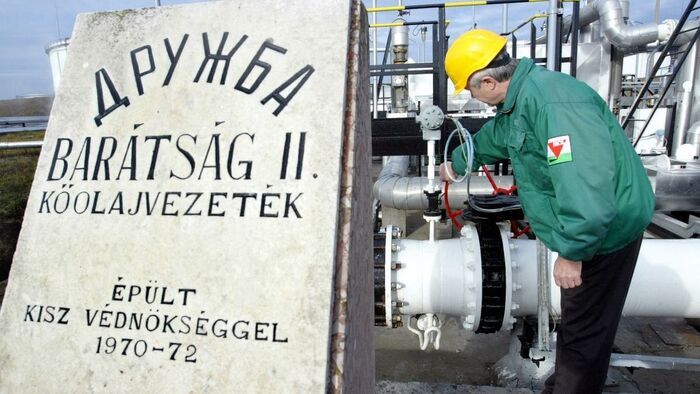





Szóljon hozzá!
Jelenleg csak a hozzászólások egy kis részét látja. Hozzászóláshoz és a további kommentek megtekintéséhez lépjen be, vagy regisztráljon!